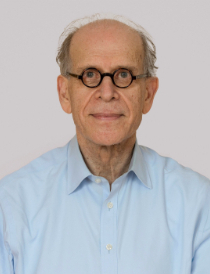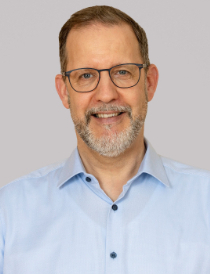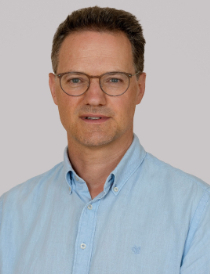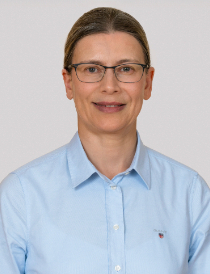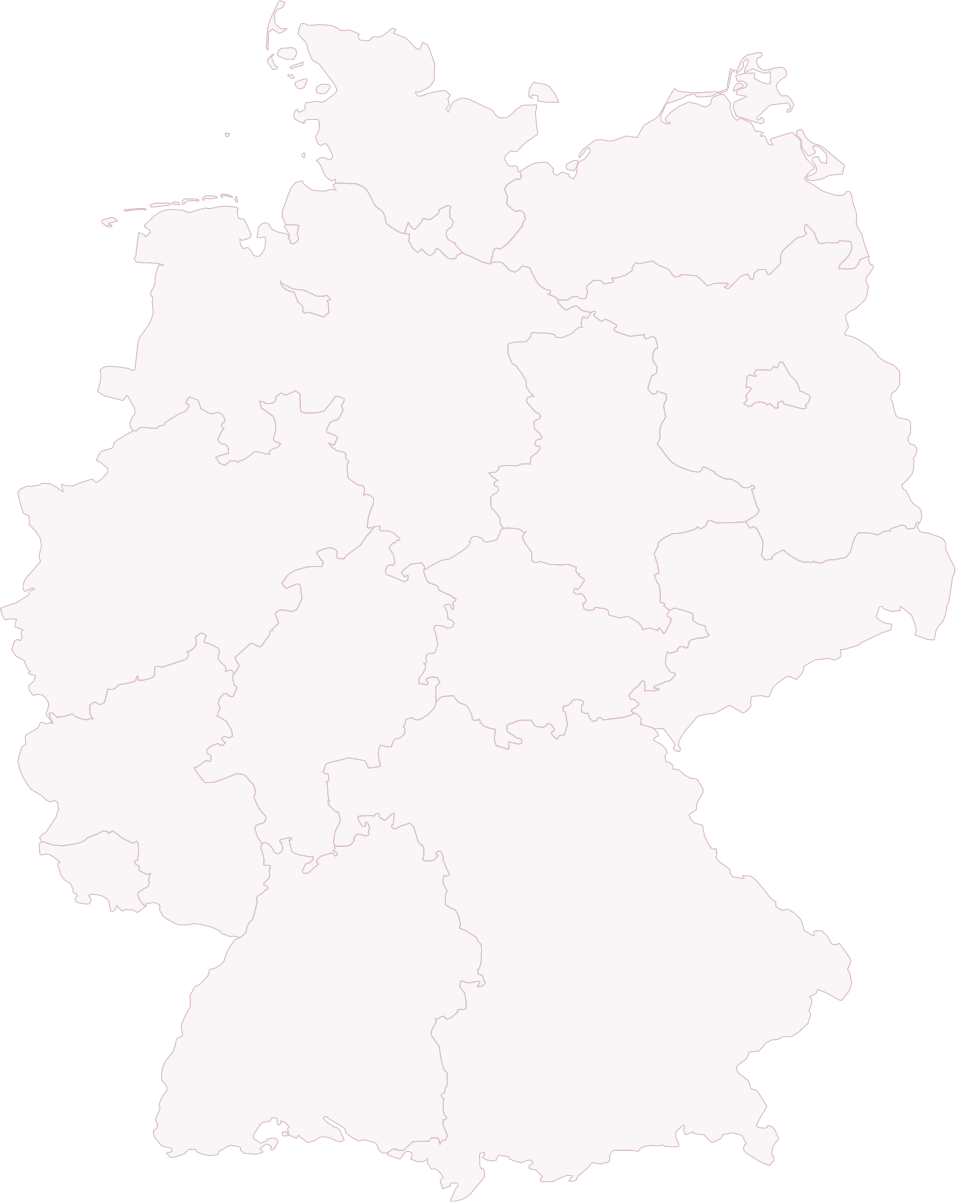Your Fertility Center Hamburg
Would you like to have a child, but it just isn't happening naturally? We support you with modern diagnostics and targeted, individualised treatment to help you get pregnant. Because we know how sensitive the topic of unfulfilled desire to have children is, you can choose the doctor you trust at our centre.
Address:
Speersort 4
20095 Hamburg





